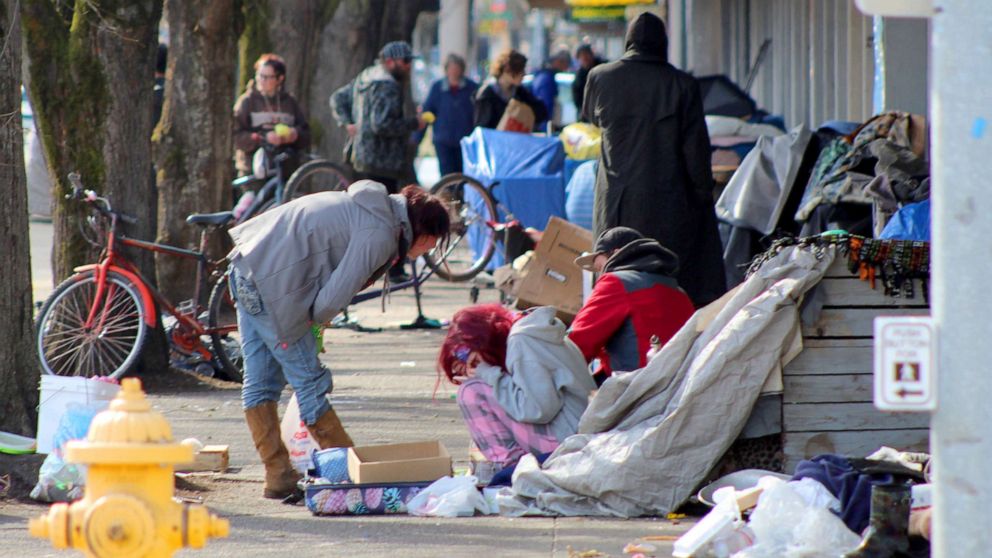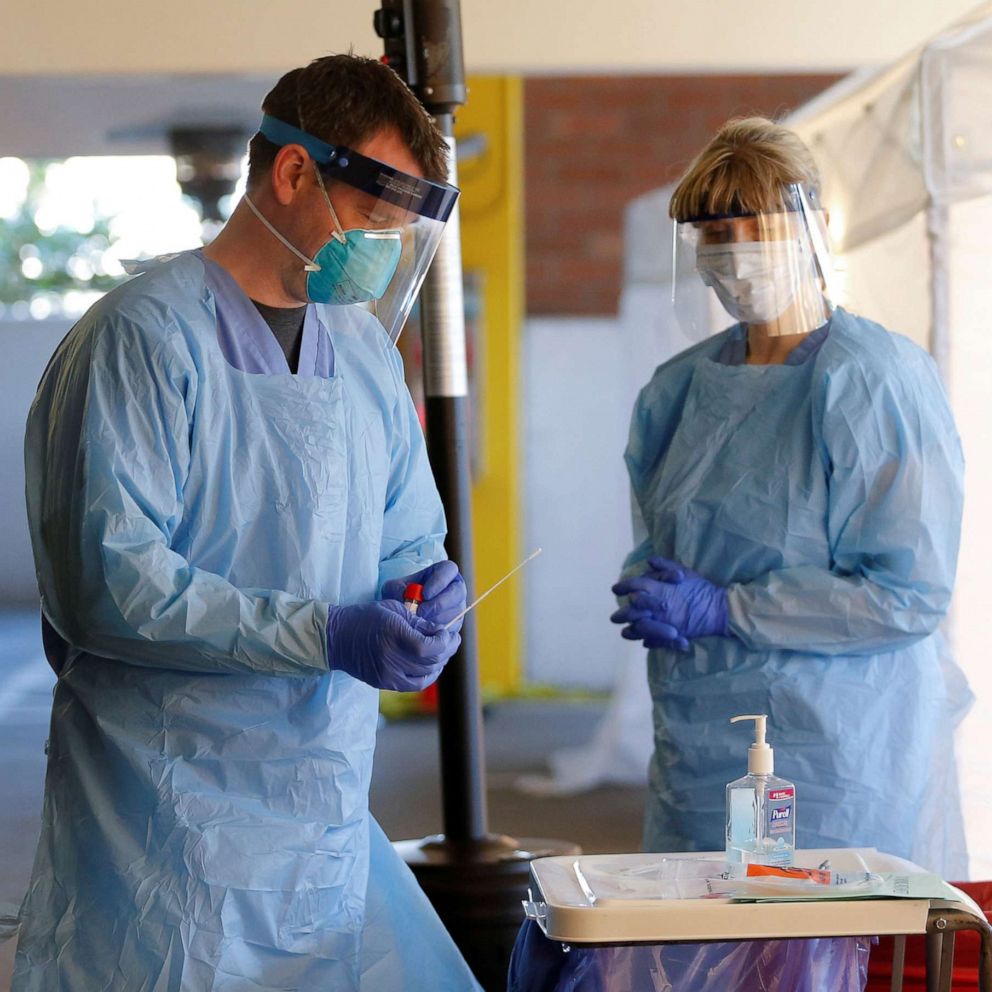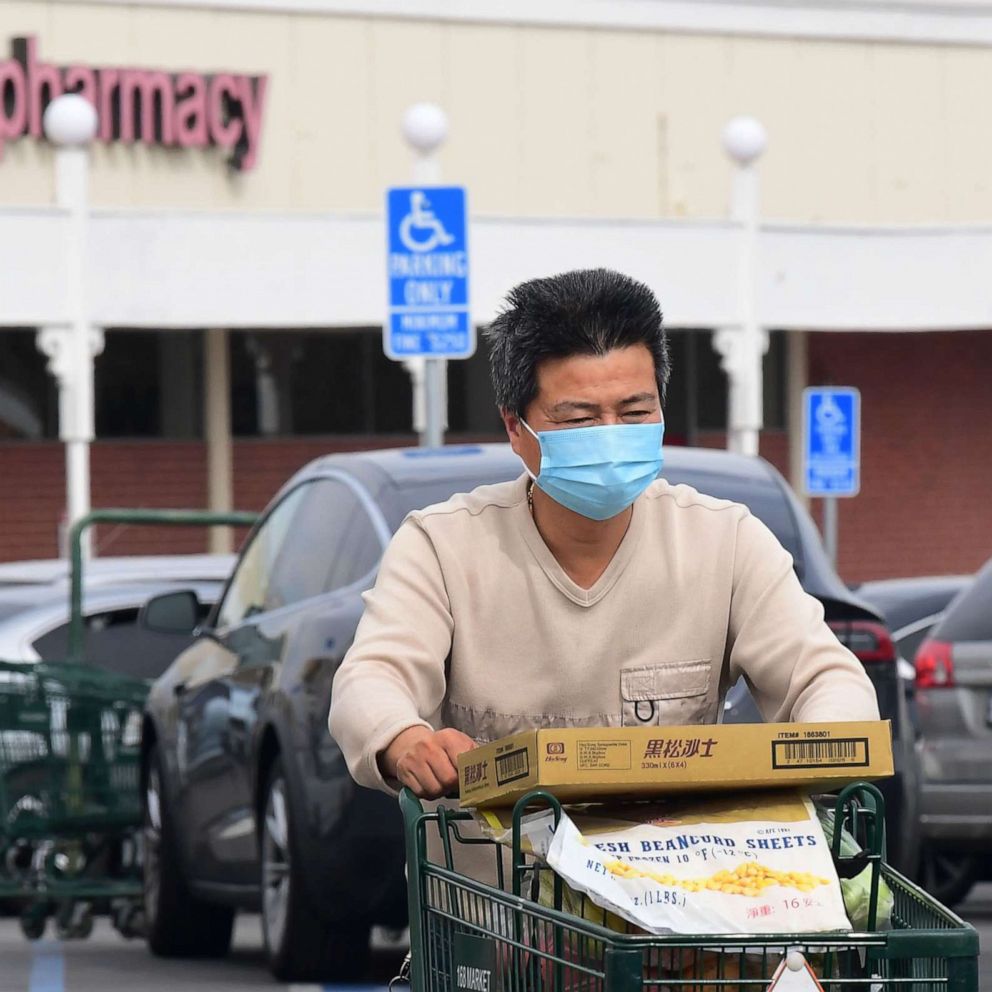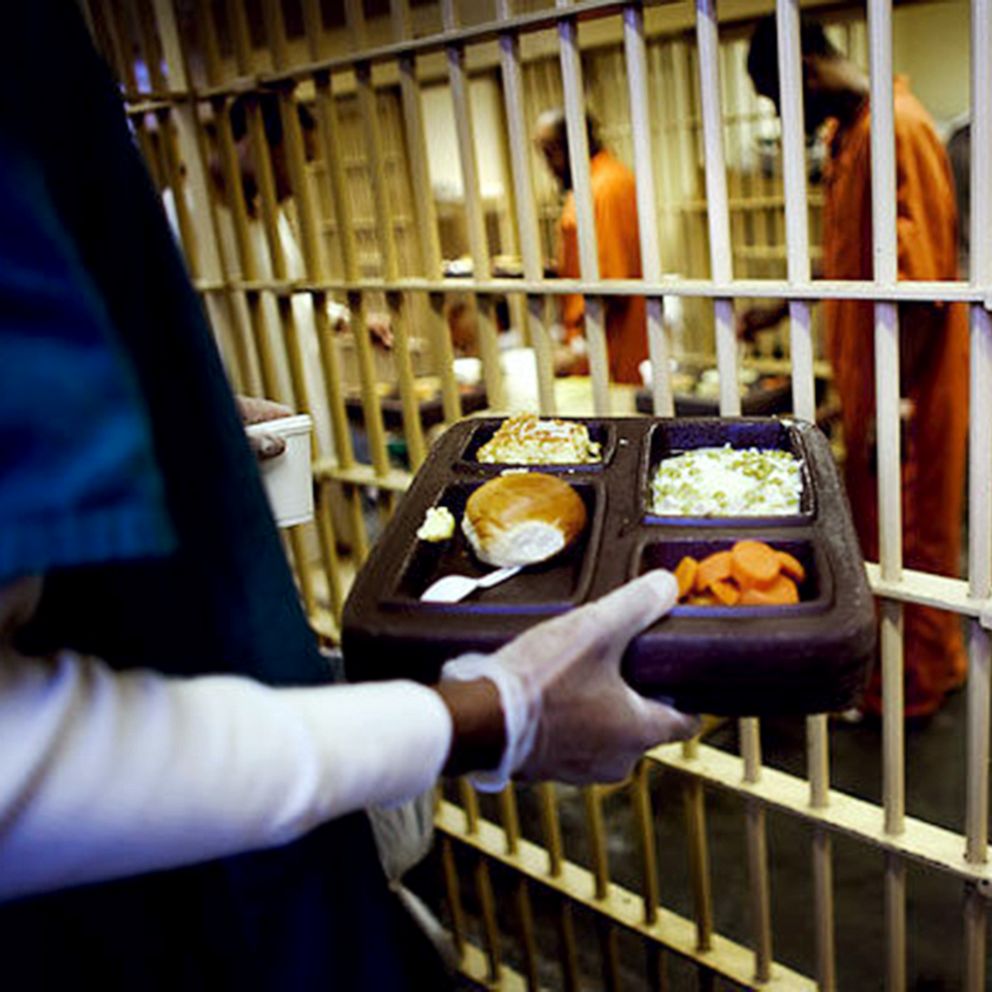Coronavirus and the homeless: Why they're especially at risk, ways to stop a spread 'like wildfire'
As more people across the United States test positive for the novel coronavirus and as the death toll climbs, those experiencing homelessness are among the most vulnerable to contract the virus, experts say.
Over 560,000 Americans were homeless on a single night in January 2019, according to the most recent point-time-count from the U.S. Department of Housing and Urban Development. About 63% of those people were in sheltered locations and about 37% were unsheltered, according to HUD.
Dr. James O'Connell, the founding physician of the Boston Health Care for the Homeless Program thinks "it's inevitable" that coronavirus will hit the homeless community.
And without proper precautions and actions, the virus "could spread like wildfire," warned Dr. Margot Kushel, director of the University of California, San Francisco Center for Vulnerable Populations.
As of Wednesday, experts said there do not appear to be confirmed coronavirus cases among the homeless, but many could be infected and not tested.
Tune into ABC News Live at noon ET every weekday for the latest news, context and analysis on the novel coronavirus, with the full ABC News team where we will try to answer your questions about the virus.
The risks
Weakened immune systems
People experiencing homelessness endure lack of sleep, poor nutrition and "extreme levels of stress just to meet their daily needs," all of which weaken the immune system, Bobby Watts, CEO of the National Health Care for the Homeless Council, told ABC News.
Coupled with mental illness or substance abuse disorder, they're "incredibly vulnerable to this virus," said O'Connell.
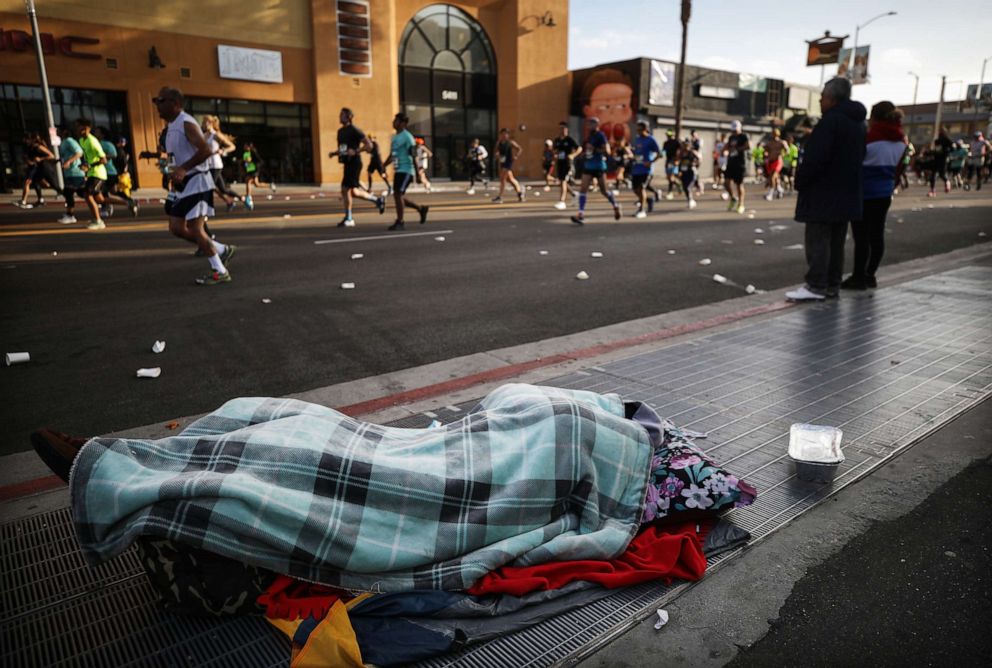
Close proximity to others and lack of hygiene
The homeless are at extreme risk just from being in constant close proximity to others, added Barbara DiPietro, who holds a doctorate in public policy and is senior director of policy for the National Health Care for the Homeless Council. Whether at shelters, encampments or food pantries, homeless people are "exposed to a lot more contaminants in our community," she said.
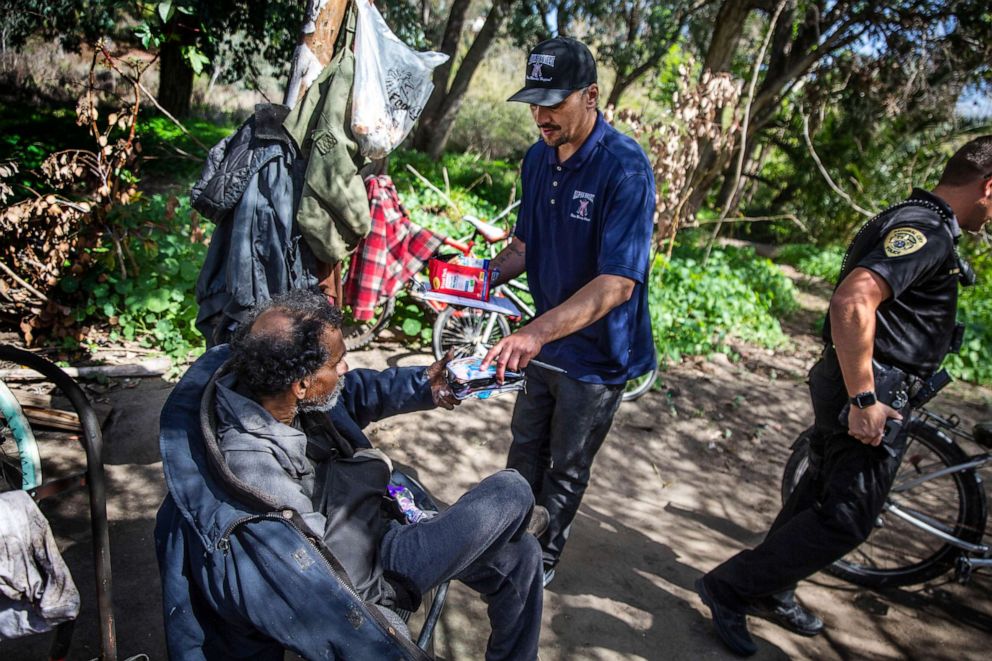
And the more obvious: They may have trouble accessing hand sanitizer and hand-washing facilities.
Not only do people experiencing homelessness have trouble accessing quality health care, but DiPietro said the "stigma and discrimination" they face often keep them isolated from the basic information they need from public health officials in this kind of emergency.
Quarantine problems
The homeless can't stay home and self-quarantine the way most Americans can if instructed by doctors, pointed out Kushel.
Further, there's the risk that those struggling with substance abuse disorders would not follow quarantine instructions, Kushel said.
"If we ask people, who let's say struggle with addictions, and we demand or ask them to go places that are separate -- and then kick them out or don't allow some of their behaviors [like alcohol and drugs] ... people are not gonna stay," Kushel told ABC News. "We need to be taking a very compassionate, harm-reduction approach, if and when we get to the point where we're asking people to stay in quarantine."
And these conversations need to be carried out in a way that "does not demean them" and is mindful of the homeless' mental health needs, Kushel added.

"This is a population with extensive trauma" and "reasons to not trust authority figures because of way they have been treated in the past," she explained.
More homelessness
Kushel said she's worried that the threat coronavirus has on people's incomes -- from people losing out on jobs to those without paid sick leave -- will force more people into homelessness.
Kushel hopes cities and states take action, and she commended the San Jose City Council, which approved a moratorium on evictions Tuesday night.
What are the solutions?
Proper hygiene
Giving those living on the streets access to hand-washing stations and portable toilets is necessary -- all of the time -- but especially during this outbreak, Watts said.
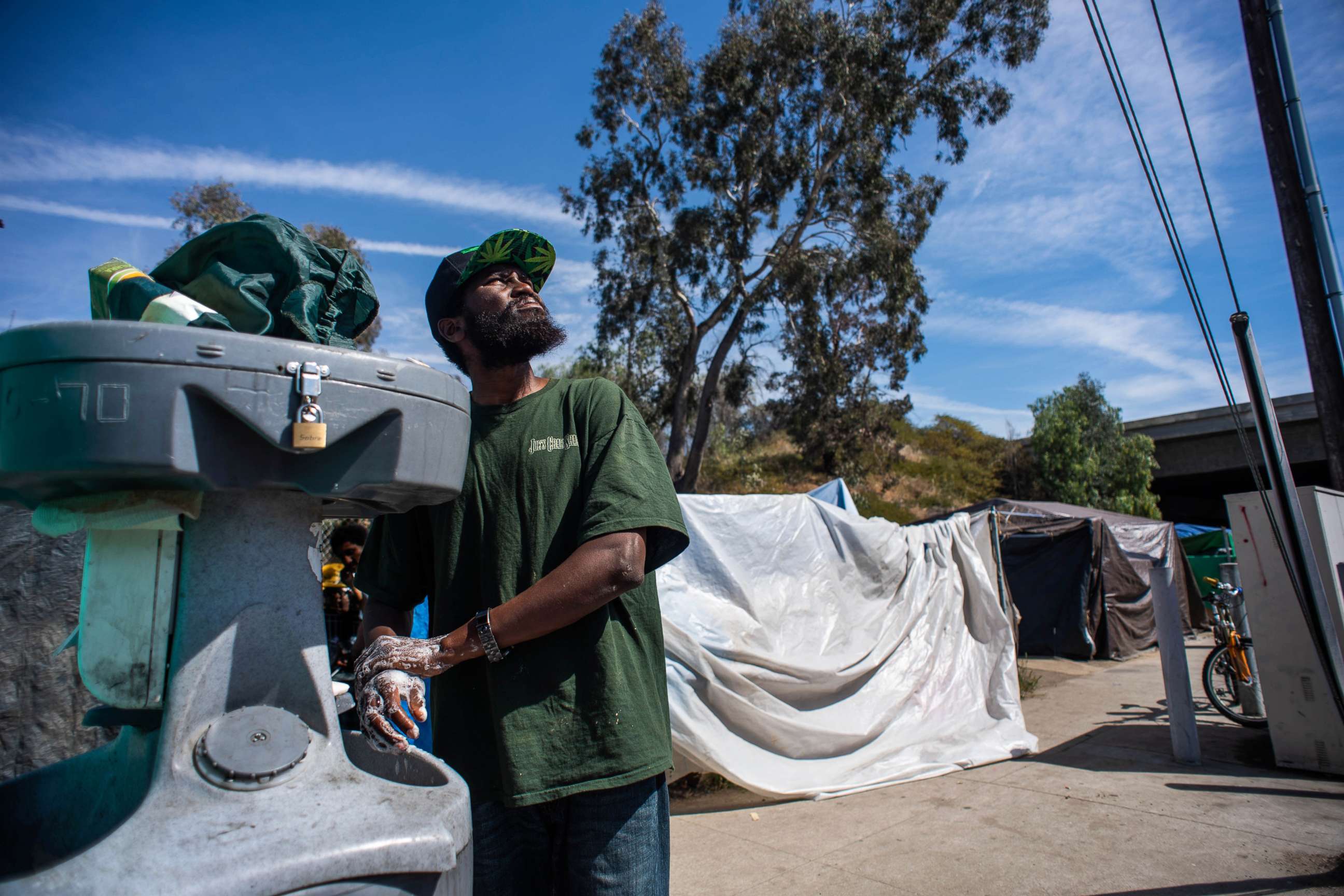
Communication
Watts said it's important to convey the risks of coronavirus to people experiencing homelessness, "but without inducing panic."
The Centers for Disease Control and Prevention recommends shelter staff organize a communication plan to explain up-to-date information to employees and clients.
The CDC also encourages placing signs around shelters to help reiterate proper hand hygiene and cough etiquette.
Designated quarantine
DiPietro said it's vital that every community can answer the question: Where can people go if they need to quarantine, but do not have a home and do not reach the level of hospital care?
If an individual experiencing homelessness has coronavirus symptoms, it's important to have one designated site for testing away from the general population, said O'Connell.
Some shelters in Boston -- where O'Connell works -- house 400 people, so shelter staff there and across the country should make sure "anyone who is symptomatic gets out of that community right away," O'Connell said.
Shelter adjustments
CDC officials said shelters should plan for an influx of people during the coronavirus outbreak and should come up with backup housing, like churches, if shelters get too full.
"The resources that we have available for homeless people are relatively limited," O'Connell said. "When an outbreak like this hits we have to readjust everything without a whole lot of extra empty beds or resources."
Watts said shelter staff should encourage those taking refuge there to sleep foot-to-foot to keep their heads further away from each other.
He also recommended that shelters stagger mealtimes and intake times so not as many people are congregating at once.
